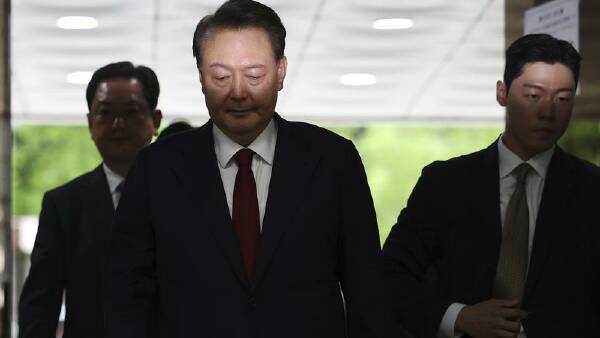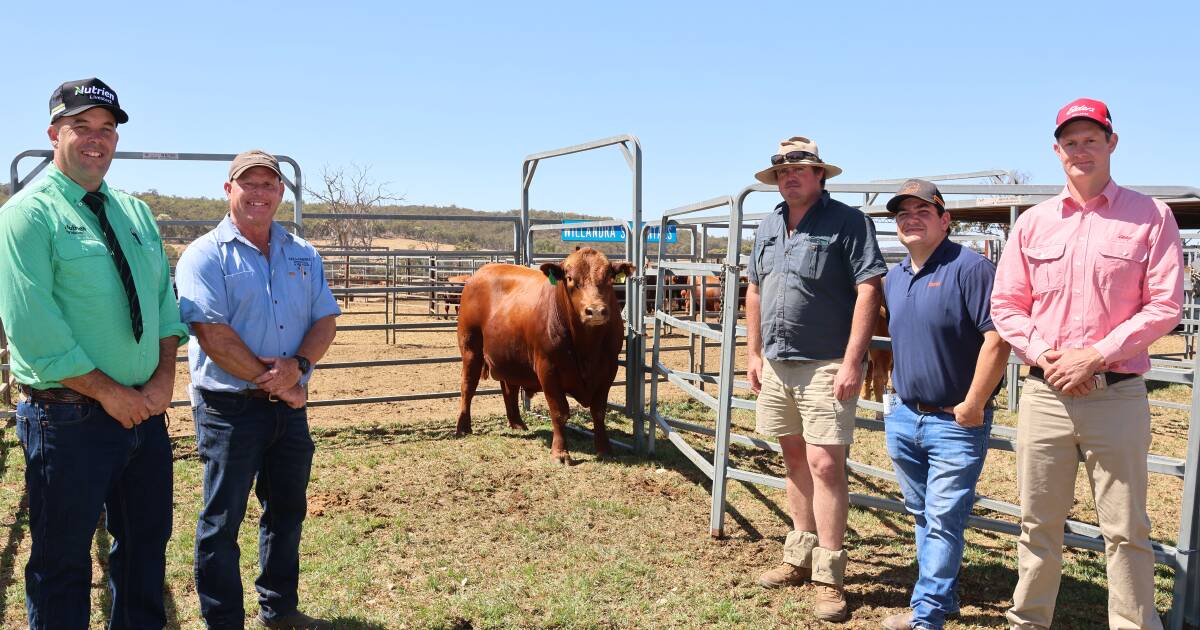
Former South Korean President Yoon Suk-yeol has returned to the Seoul Detention Center, located approximately 20 kilometers south of the capital, following his recent legal proceedings. His confinement is a significant turn in the political landscape, reflecting the ongoing ramifications of his administration’s actions.
The return to prison comes after a series of legal challenges surrounding allegations of corruption and abuse of power during his presidency. Yoon, who served from May 2022 until his impeachment in December 2023, has faced mounting scrutiny over his administration’s decisions and policies.
Background of the Case
In December 2023, the National Assembly voted to impeach Yoon after accusations surfaced regarding his involvement in a scandal linked to illicit funding. The investigation revealed that significant sums of money were misappropriated, leading to public outrage and demands for accountability. Legal experts noted that the impeachment marked a critical moment in South Korean politics, as it highlighted the fragile relationship between political power and judicial oversight.
The impeachment process culminated in a court ruling that found Yoon guilty of several charges. Following this verdict, he was sentenced to a term of confinement, which he began serving in early March 2024. The political ramifications of his actions continue to affect public trust in governmental institutions, with many citizens expressing disappointment over the perceived lack of integrity among elected officials.
Public Reaction and Future Implications
The return of Yoon Suk-yeol to prison has sparked varied reactions from the public and political analysts alike. Many supporters view him as a victim of political maneuvering, while critics argue that his imprisonment is a necessary step toward restoring integrity in South Korea’s political system.
As South Korea grapples with the implications of Yoon’s return to prison, analysts are closely monitoring how this situation may influence upcoming elections and the overall stability of the current administration. The fallout from his presidency and subsequent legal troubles raises questions about the future direction of governance in the country.
With the political landscape shifting, the South Korean government must navigate the complexities of public sentiment while addressing the challenges posed by corruption and accountability. As Yoon serves his sentence, the nation remains in a state of reflection over its leadership and the importance of ethical governance.





